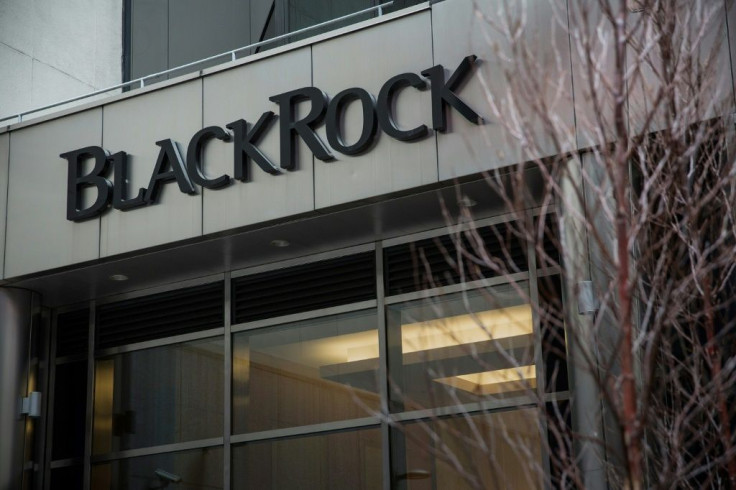Climate Change News: How One Global Investment Group Will Weigh Environmental Factors In How It Invests

KEY POINTS
- BlackRock manages $7 trillion in assets
- Company says climate risks must be taken into consideration in forming investment strategy
- It called on governments to adopt a global carbon pricing strategy to east transition to a low-carbon world
The world’s biggest manager, BlackRock, said Tuesday climate risks will be a major consideration in its investment strategy going forward and to that end will end investments in thermal coal and screen new investments for links to fossil fuels.
The company said, however, it expects to hold investments in hydrocarbons for some time as the world transitions to a low-carbon approach and called on governments to adopt a global carbon pricing policy to ease the transition.
Goldman Sachs (GS) announced a similar change in strategy last month, saying it would not back new oil projects in the arctic, or thermal coal mine and power plant development.
BlackRock (BLK), which joined the investor initiative Climate Action 100+ earlier this month, oversees $7 trillion in assets.
“Awareness is rapidly changing, and I believe we are on the edge of a fundamental reshaping of finance,” Fink said in a letter to CEOs.
He said many companies are taking climate change into consideration as a defining factor in their long-term prospects, recognizing the impact on economic growth and prosperity.
“The evidence on climate risk is compelling investors to reassess core assumptions about modern finance,” Fink wrote, asking: “Will cities, for example, be able to afford their infrastructure needs as climate risk reshapes the market for municipal bonds? What will happen to the 30-year mortgage – a key building block of finance – if lenders can’t estimate the impact of climate risk over such a long timeline, and if there is no viable market for flood or fire insurance in impacted areas?
“What happens to inflation, and in turn interest rates, if the cost of food climbs from drought and flooding? How can we model economic growth if emerging markets see their productivity decline due to extreme heat and other climate impacts?”
In a letter to clients, BlackRock said climate change would “accelerate a significant reallocation of capital, which will in turn have a profound impact on the pricing of risk and assets around the world.” The letter noted the company has been “deepening the integration of sustainability into technology, risk management and product choices” for several years. Now that process will be sped up.
“We want to make sustainable investing more accessible to all investors and lower the hurdles for those who want to act,” BlackRock said.
Writer and climate activist Bill McKibben told the Washington Post BlackRock’s decision is a “major crack in the dam.”
“The financial powers in New York have tried to ignore climate risk, but that’s now impossible; the pressure from activists, and from the climate chaos in the real world, is simply too great,” he said.
BlackRock, which manages money for countries, states and municipalities, has been criticized for its environmental record. Sustainability nonprofit Ceres ranked it 43rd of 48 asset managers on climate-related proposals from investors.
© Copyright IBTimes 2024. All rights reserved.






















